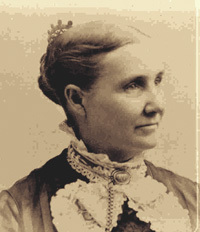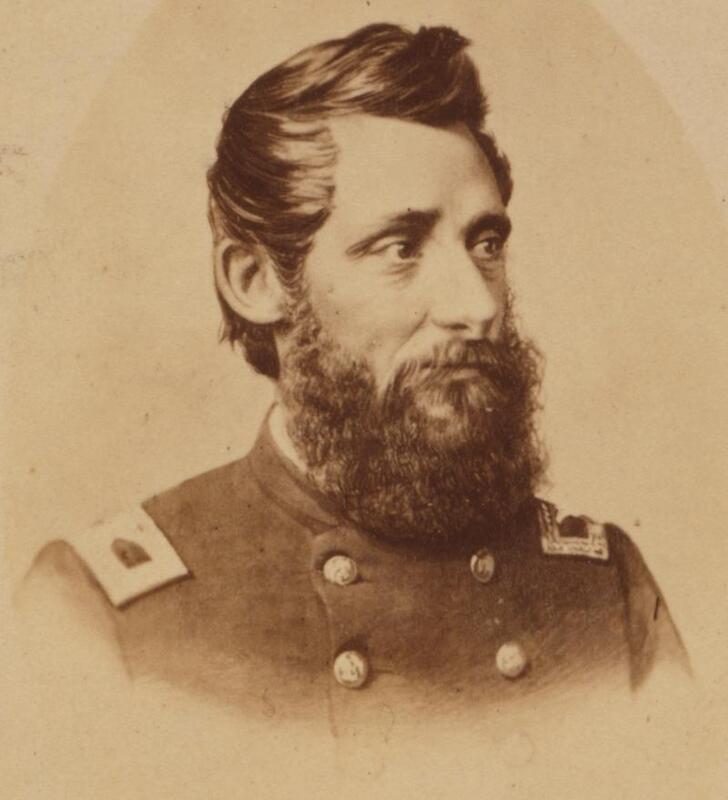... Women Took Charge
When men left, so did some of the formal rules and regulations that determined how soldiers and civilians in the fort should interact. There were no formal guidelines for how or where wives fell in the military organization, so they operated as they best saw fit. With fewer men to enforce traditional gender roles, women had ample time and opportunity to create for themselves new identities. They shot firearms, rode on horseback, explored the wilderness, and embodied qualities that were typically reserved for men.1
Upon arriving at her husband’s first frontier post, Frances Roe was quick to accept offers of support and lessons to sharpen her soldierly skills:
Officers’ wives felt empowered by these intangible gains in personal agency. Although it carried little official merit, it was common practice to address these women by their husband’s rank: “Mrs. Captain Jones” or “Mrs. Major Smith” gave sufficient deference to social superiors.3
Combined with their higher class standing over other military families, officer wives had few reservations about assuming their husbands’ rank to navigate social situations and dictate behavior and affairs around the fort.5 After enduring a particularly difficult ride with an unruly horse, Frances Roe’s riding companions – her husband’s subordinates – recommended that she choose another horse from the stable. Her response highlights how much she has internalized her status in the fort:
In another instance, while Colonel Benjamin Grierson and his men were away from Fort Gibson, three sergeants were placed under arrest at the direction of Mrs. Alvord. Even though her husband, Captain Alvord, was also away, her association afforded enough authority for her to detain three soldiers in the garrison without question. Alice Grierson wrote about Mrs. Alvord’s reasons for imprisoning the men, revealing a degree of class-based self-importance and arrogance on the latter’s part:
1 Anni P. Baker, “Daughters of Mars: Army Officers’ Wives and Military Culture on the American Frontier,” The Historian 67, no.1 (2005): 33-34.
2 Frances M.A. Roe, Army Letters from an Officer’s Wife, 1871-1888 (New York, NY: Appleton, 1909), 9.
3 Michele J. Nacy, Members of the Regiment: Army Officers' Wives on the Western Frontier, 1865-1890 (Westport, CT: Greenwood Press, 2000), 42.
4 Elizabeth Bacon Custer, Tenting on the Plains (Norman, OK, 1966), 447.
5 Verity G. McInnis, “Indirect Agents of Empire: Army Officers’ Wives in British India and the American West, 1830–1875,” Pacific Historical Review 83, no. 3 (August 2014): 386.
6 Frances M. A. Roe, Army Letters from an Officer's Wife, 1871-1888 (New York, NY: Appleton, 1909), 61.
7 Alice Kirk Grierson and Shirley A. Leckie, The Colonel’s Lady on the Western Frontier: The Correspondence of Alice Kirk Grierson (Lincoln: University of Nebraska Press, 1989), 23.

